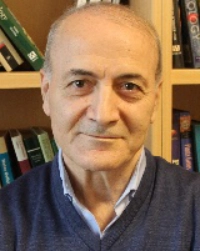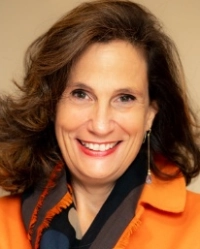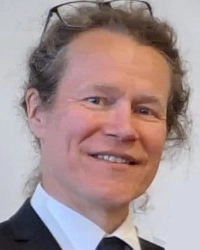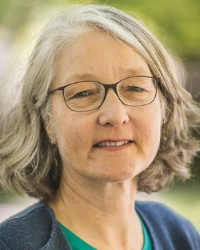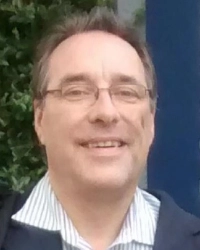
XLIII SICA Congress
The Contribution of the Agricultural Chemistry to Healthy and Resilient Agroecosystems and to the One Health Vision
Padua, Italy • 23-25 June 2025


XLIII SICA Congress
The Contribution of the Agricultural Chemistry to Healthy and Resilient Agroecosystems and to the One Health Vision
Padua, Italy • 23-25 June 2025


XLIII SICA Congress
The Contribution of the Agricultural Chemistry to Healthy and Resilient Agroecosystems and to the One Health Vision
Padua, Italy • 23-25 June 2025
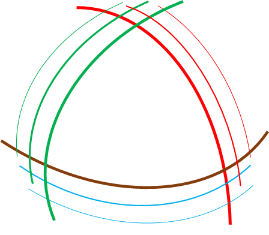 Keynote Speakers
Keynote Speakers